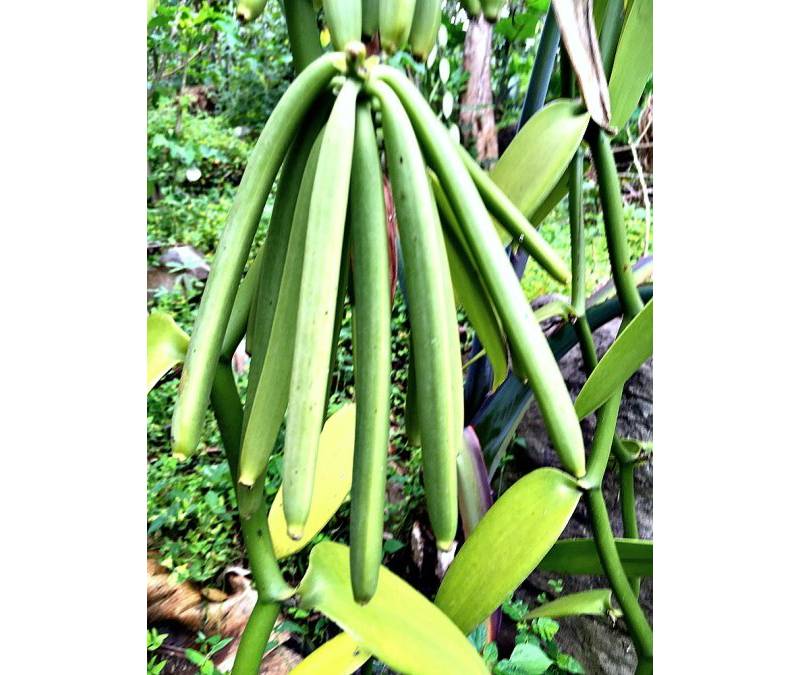Agriculture Secretary Peter Munya has sealed the fate of Kenya Tea Development Agency (KTDA) after he released final regulations cutting its export role and weakening its control of 69 factories.The regulations, which have since been sent to Attorney...
Agriculture Secretary Peter Munya has sealed the fate of Kenya Tea Development Agency (KTDA) after he released final regulations cutting its export role and weakening its control of 69 factories.
The regulations, which have since been sent to Attorney-General’s office for gazettement, are aimed at boosting transparency in the tea sector and giving farmers good returns, according to the Cabinet secretary.
Under the regulations unveiled Thursday, the KTDA would charge the factories no more than 1.5 percent as management fee as opposed to the current 2.5 percent, a loss translating to billions of shillings.
“These regulations will improve productivity and efficiency in tea value chain, create transparency and accountability … improve competitiveness of our tea exports in the international market and generate more earnings to the country and farmers from tea exports,” said Mr Munya.
The rules have also dealt a blow KTDA’s Chai Trading, its subsidiary, which is registered as a direct export agent. Mr Munya has outlawed direct sale of tea, saying Kenya will exclusively sell its produce through the auction in Mombasa.
“They have a subsidiary called Chai Trading, which they use in exporting tea directly, if you go to Dubai they have a very big warehouse. Farmers do not know how much their tea costs there and this is something that we are now bringing to an end,” he said.
KTDA company secretary service shall now be excluded from the services offered by a management agent for a smallholder tea factory limited company, implying the plants would be at liberty to hire personnel to handle legal issues, which is one of the things that the agency has been fighting to retain.
Mr Munya also said the regulations would incorporate recommendations received from stakeholders, which include voting for directors under one-man-one-vote principle.
At the moment, the vote for directors are based on the shares held in the company and the size of tea that they have.
“This has been one way of locking out the small farmer so that the KTDA can handpick to comply with what they want,” said Mr Munya.
The move will come as a big blow to some of the directors who have served KTDA for a very long term, with the CS recommending that a director will now be required to serve for only two terms of six years, with their numbers capped to three to cut on the costs of maintaining them.
The KTDA had said the proposed Crops (Tea Industry) Regulations 2020 that the minister unveiled last month would strangle smallholder tea farmers if allowed to proceed as currently presented.
Original Source: Business Daily




